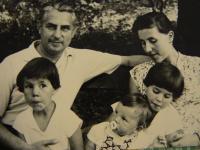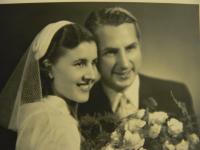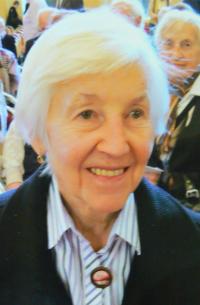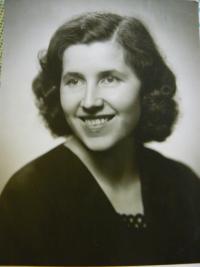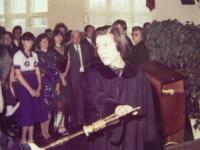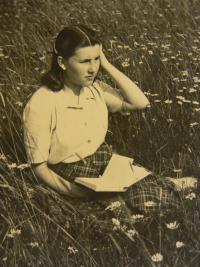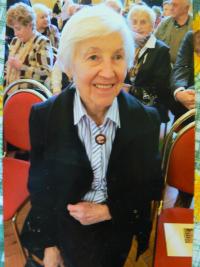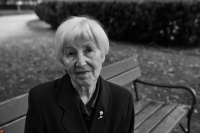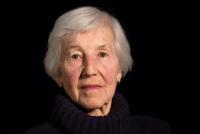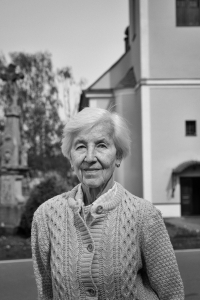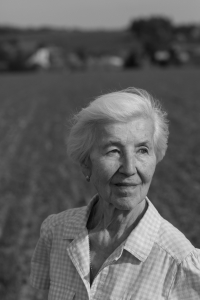It was a cruel time, especially for a young person full of ideas
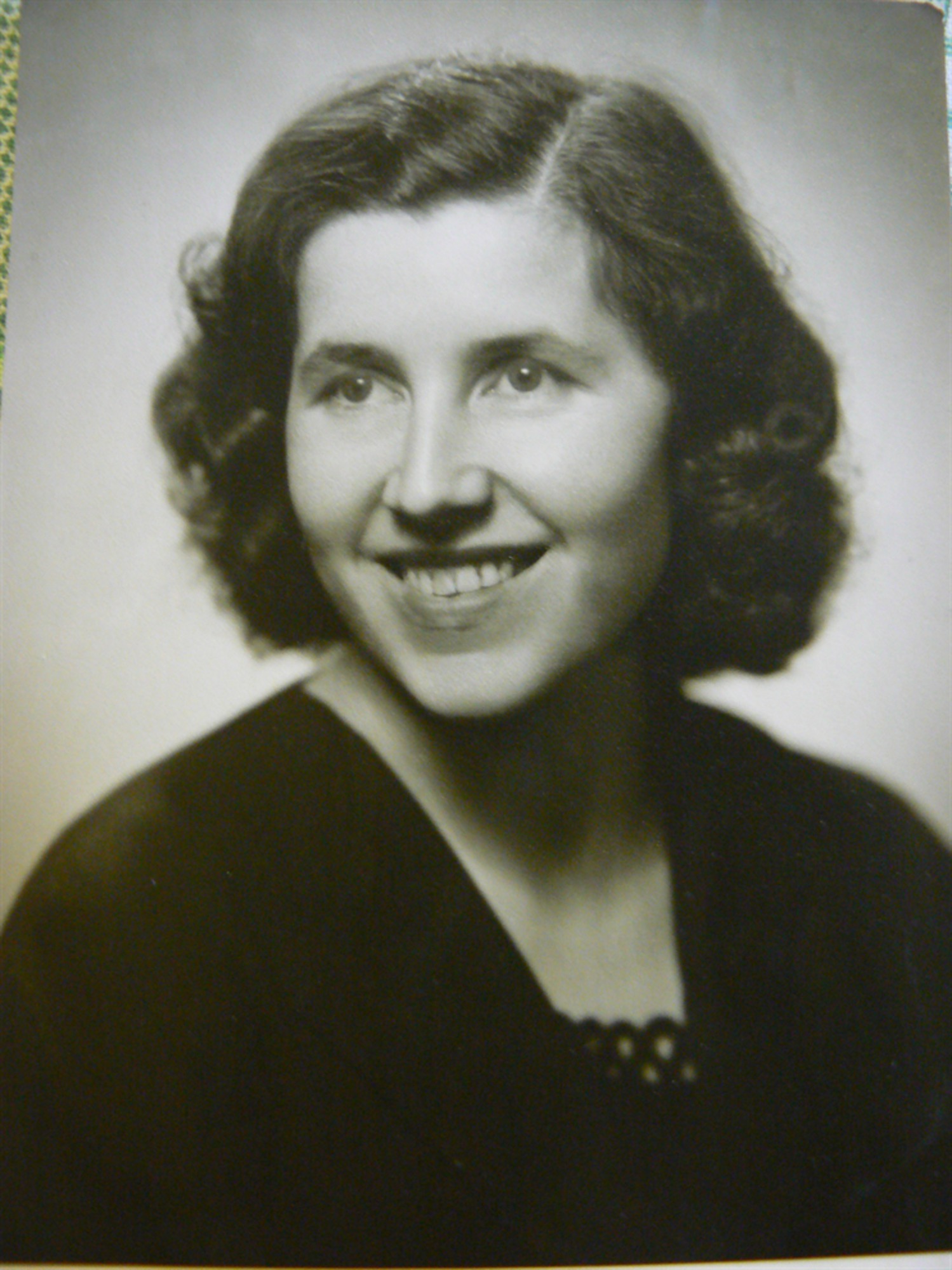
Download image
Vlasta Černá, born Vlasta Přikrylová, was born January 19, 1933 in Horní Štěpánov in the northern part of Drahanská Highland. When she was only seventeen years old, she was helping to hide the unjustly imprisoned priest Felix Maria Davídek, who managed to escape after his arrest. Together, with the priest and one fellow student, they attempted to cross the border from South Moravia to Austria in September 1950, but the man who was guiding them to the border was actually working for the StB Security Police as part of the operation Kameny (“Stones”) and he led the group directly to the Border Guards. Vlasta, who was not even eighteen years old, thus became imprisoned, and she spent one year of her life in various prisons. Even in spite of the opposition from the authorities, she later managed to graduate from the university, majoring in psychiatry. She now lives in Brno.
